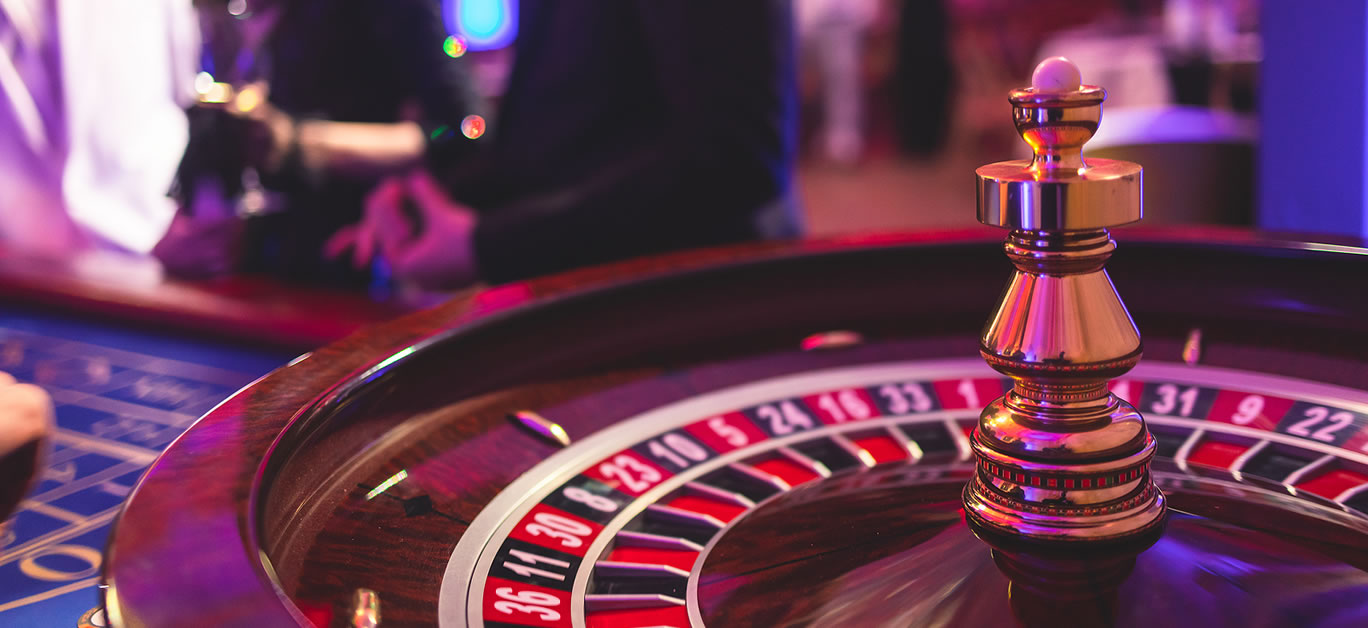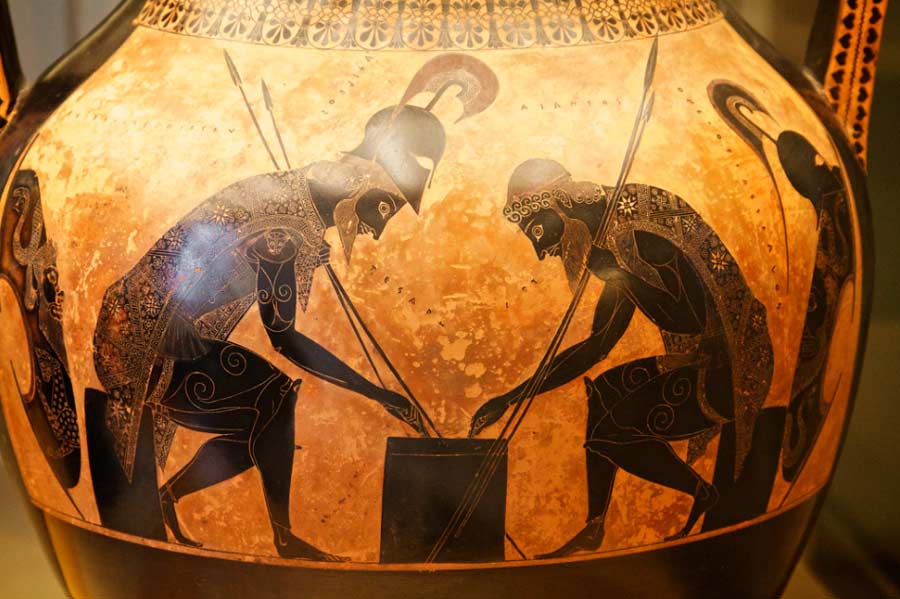The origins of casinos are shrouded in mystery and intrigue, tracing back to a time when the very concept of gambling was steeped in ritual and societal significance. While many envision bright lights and the clatter of chips in contemporary settings, the journey begins much earlier, in ancient civilizations where games of chance were woven into the fabric of daily life.
From the sacred games of chance played by the ancient Romans to the high-stakes wagers of Chinese dynasties, the evolution of gambling reflects not just a pursuit of fortune, but also humanitys complex relationship with luck and risk. As we explore the corridors of time, we uncover the diverse influences that have shaped the casino landscape—each era contributing its unique flavor to what would become a global phenomenon.
So, where does it all begin? Join us as we journey back to the fascinating roots of casino history, a tale of culture, innovation, and the timeless allure of chance.
History of Casino Games

The history of casino games is a rich tapestry woven into the very fabric of human civilization, extending back to ancient times when rudimentary games of chance emerged in various cultures. In ancient China, for instance, people used rudimentary dice made from sticks, while the Egyptians engaged in games that involved betting on the outcomes of contests. Fast forward to medieval Europe, where gambling found a home in the opulent courts, giving rise to the earliest forms of card games and betting activities.
The Italian city of Venice became a notable hub for gambling in the 17th century, culminating in the establishment of the first official casino, the Ridotto, in 1638. In a flurry of innovation, games evolved, adapting to societal changes and technological advancements; the introduction of roulette and poker in the 19th century further transformed the gambling landscape.
Each era brought a unique flavor to casino games, creating a vibrant history that reflects the complex relationships between risk, chance, and human enjoyment. Today, as players engage in a multitude of games ranging from slots to table games, they unknowingly partake in a legacy that spans millennia, a blend of luck and strategy that continues to captivate the imagination.
Ancient Civilizations and Gaming

Ancient civilizations, with their rich tapestries of culture and innovation, laid the groundwork for what we now recognize as gaming. In the bustling streets of Mesopotamia, people engaged in games of chance with rudimentary dice made from animal bones, sparking an intoxicating dance with fate.
Meanwhile, the elegance of ancient Egypt brought forth myriad games, where dice and other gambling devices were not merely pastimes but intertwined with religious rites and social stratifications. Fast forward to Rome, where lavish banquets featured games of dice, reflecting both the decadence and dominance of the empire. This intricate interplay of leisure and risk, played out in grand temples and humble homes alike, heralded the evolution of gambling as not just a form of entertainment, but a profound cultural phenomenon.
From the smoky echoes of a temple to the vibrant marketplace, the roots of gaming in ancient civilizations reveal a captivating saga, one that continues to resonate in the bustling casino floors of today.
The Birth of Gambling in Mesopotamia

The concept of gambling finds its roots in the ancient civilization of Mesopotamia, where chance and fortune became intertwined with social and economic activities. As early as 3000 BCE, the Sumerians, one of Mesopotamias prominent inhabitants, developed a fascination with games of chance, evidenced by artifacts like dice made from bones and knucklebones.
These rudimentary gaming devices were not mere toys; they held significant cultural value and were often used in rituals and divination. The allure of risk and reward permeated their society, visible in everything from massive feasts to the formalization of betting on the outcomes of competitive events, such as chariot races or even the unpredictable whims of a dice roll.
This interplay between fate and human agency laid the groundwork for gambling to evolve, morphing into a rich tapestry of games and rituals that would resonate through the ages, echoing in the bustling marketplaces of the future.
Conclusion
In conclusion, the history of casinos is a fascinating journey that reflects the evolution of leisure and entertainment throughout different cultures and eras. From the ancient gaming establishments of Mesopotamia to the lavish resorts of modern-day Las Vegas, casinos have continually adapted to societal changes while remaining a popular form of recreation. As we explore the roots of casino history, it becomes evident that these establishments are not just about gambling; they encapsulate the complexities of human nature, social interaction, and economic transformation.
Looking ahead, the future of casinos promises to be equally intriguing, as technology continues to reshape the gaming experience and attract new generations of players.











